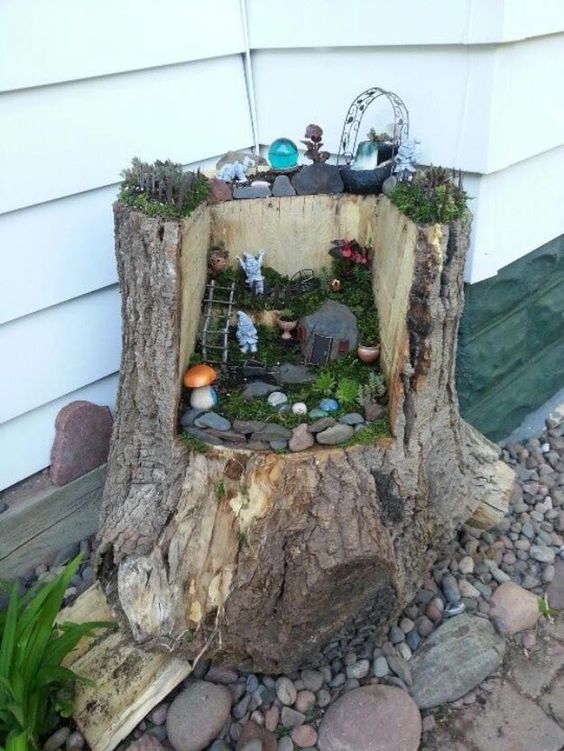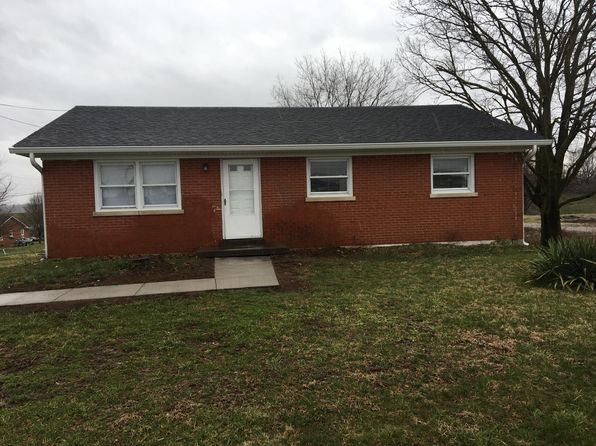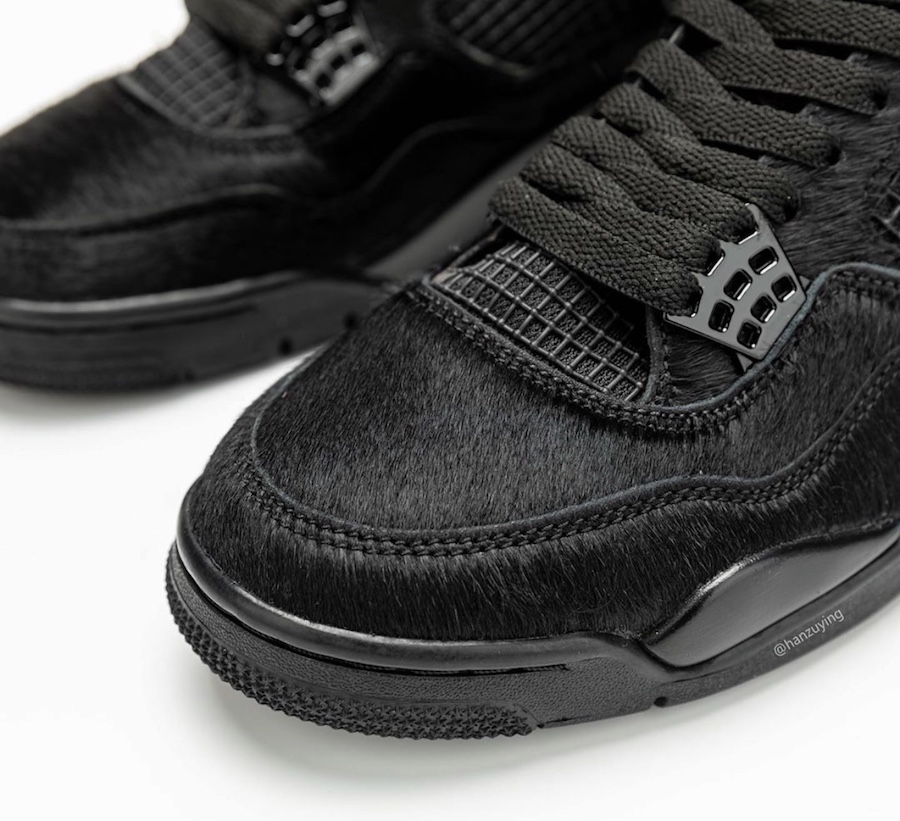Table of Content
Rubbing their nose in it, taking them to the spot and scolding them will only serve to make them afraid of you or afraid to eliminate in your presence. Some may seem to have a favorite puppy that they are particularly attached to, while others may treat all of their puppies equally. Ultimately, it is up to the individual mother dog and what her personal preferences are. Puppies can sleep out of crate at around 7-8 months of age, in our experience.

Lastly, you will want to make sure that puppies have access to small amounts of food and drink if they are going to be alone—especially young puppies. You will also likely want to put puppy pads down in their area to catch any accidents. There will likely be accidents when you leave young puppies alone. Giving them food, water, and puppy pads will ensure that they have everything they need for their alone time. At first, try not to leave your puppy for long periods without warming them up to being alone. Like human babies, puppies do not like being left alone.
What Can Cause Puppies To Poop More?
Expect your puppy to poop between one and five times a day, and don’t be surprised if your pup needs to defecate more often. At this point in your puppy’s life, the most important thing is to avoid accidents right from the start. Healthy puppies should poop between one and five times a day, usually right after a meal or within 30 minutes after eating. Eating fiber-rich food is great for your puppy and supports their digestive health. But as often happens in life, too much of a good thing can be bad, and eating too much fiber can cause your puppy to poop more often.
Of course you’re excited and eager to start this new bond, but try to imagine what this is like for the puppy. He’s just been taken from his mother, siblings, the only humans he knows, and his familiar environment. This can be scary and confusing for a puppy, but there are several things you can do to help him adjust to his new life.
What’s the Best Age to Bring Your New Puppy Home?
This is a really exciting time for you, and a puppy can bring so much joy and laughter to your home. For the health of your puppy – long term – it’s important that you don’t bring your puppy home before about 8 weeks of age. This creates a critical foundation that will set the stage for their adulthood. Providing puppies with the appropriate socialization and basic puppy training allows them to grow into confident adult dogs.
While no one expects you to start digging and sifting through your puppy’s poop, you should be able to determine its content by looking at it. However, if your pup has diarrhea or constipation for more than two days, you should take them to the veterinarian for a full checkup. However, if you pay close attention to your puppy, you will notice that they are straining and having a hard time pooping when constipated.
One-on-One Introductions – Socializing Your Puppy
Because puppies don’t have their full vaccinations at this point, it is unsafe for them to be walking around where other dogs walk. The innovative, super-light device clips onto your pup’s collar to provide real-time tracking info you can monitor on your computer or smartphone. It can also monitor important health metrics, like calories burned, and alert you if your pup strays from any areas you’ve deemed safe. Learn more about Tractive GPS subscription plans and which one works best for your puppy. Bringing home a puppy is a commitment, whether that dog has just left his mother or is growing close to adulthood.
But, you will want to contact some friends with friendly dogs to help socialize your puppy. A dog bed, or comfy blankets, should be on your checklist. They will provide your puppy with a warm place to nap, even though they will likely sleep in odd places around the home instead.
If you have concerns, seek advice from your veterinarian. A puppy’s teeth and mouth are very important parts of their body. A healthy mouth will go a long way towards to your dog’s overall happiness so ensure you take good care of your puppy’s teeth.

You should speak to your breeder or shelter before bringing your puppy home and purchase the same food. When leaving a puppy for the first time, it is important to ensure they have a safe and comfortable space to stay in. Place a chew toy or other constructive activity in the space to keep them occupied. Quietly walk out of the room and return immediately to reward them with praise and a treat. Repeat the process, slowly increasing how long you’re away each time.
Unfortunately, the short answer is you shouldn’t – it’s not ok, and not in the best interests of your dog. This is when they learn to get along with other dogs, with the help of their mother and littermates. Just like with human children, puppies go through a number of developmental stages as they grow. While some breeds mature more slowly in a physical sense, it’s safe to generalize when it comes to a puppy’s mental development, regardless of breed.
Get good, age-appropriate treats for training along with a food and water dish. If you’ve got stairs or areas of your house where you don’t want the puppy to be when you’re home with him, pick up a cheap baby gate that can be easily set up. Puppies also have what some animal behaviorists call a primary socialization period, which begins as they become more aware of the world around them at 3-to-5 weeks of age. Through their mother and littermates, puppies begin to learn appropriate play behaviors and how to communicate with and relate to other dogs. If you’re unsure about whether it’s better to pick up a puppy at eight weeks or twelve, talk to a vet. A new owner can bond more with a puppy that is eight to ten weeks old.
Yes, you can typically house train a 7 week old puppy in about seven days. Puppies and small dogs have smaller bladders and will need more frequent potty breaks, but the process is essentially the same as with older dogs. Start by establishing a regular routine, including taking your puppy out to eliminate first thing in the morning, after meals and before bedtime. Be sure to praise and reward your puppy each time she goes in the desired location.
Reassure them by repeating that they can go to sleep and give them time to cry and settle in. Once you’ve taken the puppy outside for the last potty, set up your nightly routine. Give them the command to kennel or crate and give them time to comply. This is a good time to enforce those same rules as well and coax them with just a small treat to reinforce the command. This is a good time to tell them good night and shut out the lights.
Avoid letting him go too long without food as this can lead to hypoglycemia, a type of low blood sugar that may affect the puppy’s health. Puppies should be socialized with people when they are 7 to 8 weeks old. Until they are 12 weeks old, they are very sensitive and will easily get scared. If they are frightened, the puppy could have lasting emotional scars. To avoid this, socialization should begin as early as possible. It is important to be gentle with your puppy when taking it home.
Taking them out after all the excitement will keep reinforcing the idea that they need to go potty outside. Start by taking your puppy out as soon as he leaves his kennel and before he goes to bed at night. You’ll also want to keep him in his puppy-proof area of the house as much as possible so he won’t find new areas to mark his territory by having an accident. Let your dogs become more familiar with each other through the safety of the puppy-proof area or over a dog gate.



















